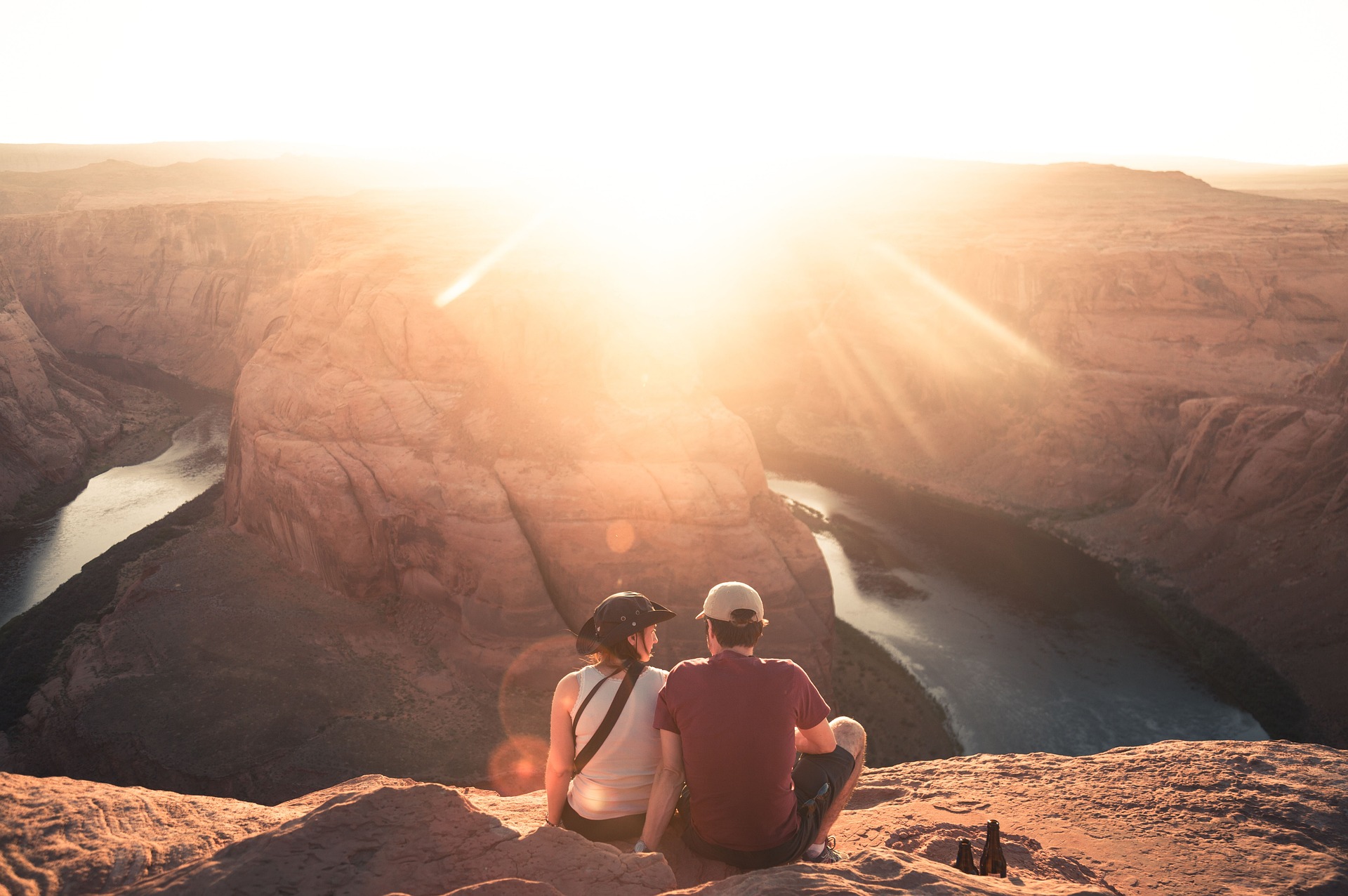Beyond the Tarmac: Exploring the Rise of Bikepacking Adventures
Bikepacking, a blend of mountain biking and minimalist camping, has emerged as a popular way to explore the world's hidden trails and landscapes. This style of travel combines the thrill of off-road biking with the serenity of backcountry camping, offering a unique and immersive way to experience nature. This article delves into the background, current trends, advantages, challenges, and influences of bikepacking on the modern traveler.
Bikepacking: A Historical Perspective
Bikepacking has its roots in the mid-1970s when a group of adventurous cyclists in the US began exploring the vast wilderness of their country on their bikes. They carried all their gear on their bikes, journeying for days or even weeks without seeing another soul. This was the birth of bikepacking - exploring the off-road trails with minimal gear packed on the bike. Over time, with developments in bike technology, gear carrying systems, and lightweight camping equipment, bikepacking has grown from a niche hobby to a recognized form of travel.
Current Trends and Insights
Today, bikepacking is gaining momentum worldwide. This surge is driven by a growing desire for self-sufficiency, a need for physical challenge, and an increasing appreciation for slow, immersive travel. More and more travelers are choosing to swap crowded tourist hotspots for the solitude of remote trails. Bikepacking routes are being developed around the world, and gear manufacturers are creating bikepacking-specific equipment to cater to this growing demand.
The Bikepacking Experience: Advantages and Challenges
Embarking on a bikepacking trip offers several unique advantages. It provides a level of immersion in nature that is hard to achieve with other forms of travel. It’s also an incredibly flexible form of travel, allowing one to change plans and routes at a moment’s notice. However, bikepacking also comes with its challenges. It requires a high degree of physical fitness, meticulous planning, and the ability to be self-reliant. Despite these challenges, the rewards of bikepacking—unforgettable experiences and a deep connection with nature—often outweigh the difficulties.
Impact of Bikepacking on Travelers
Bikepacking can have a profound impact on travelers. It offers an opportunity to disconnect from the hustle and bustle of daily life and connect deeply with nature. It fosters resilience, resourcefulness, and a sense of accomplishment. Travelers often return from their journeys with a heightened appreciation for the environment and a renewed perspective on life.
Insightful Bikepacking Tips
-
Start with short trips: Before you embark on a week-long adventure, try a one or two-night trip to get a feel for bikepacking.
-
Choose the right gear: Invest in lightweight camping gear and a good quality bike. Opt for a bike with front and rear racks for carrying gear.
-
Plan your route: Use maps and online resources to plan a route that suits your fitness level and interests.
-
Pack smart: Pack only the essentials and distribute the weight evenly on your bike.
In conclusion, bikepacking offers a unique and immersive way to explore the world, blending adventure with self-sufficiency and a deep connection with nature. As this travel trend continues to grow, it will undoubtedly shape the future of adventure tourism, inspiring travelers to venture beyond the beaten path and experience the world from a new perspective.





